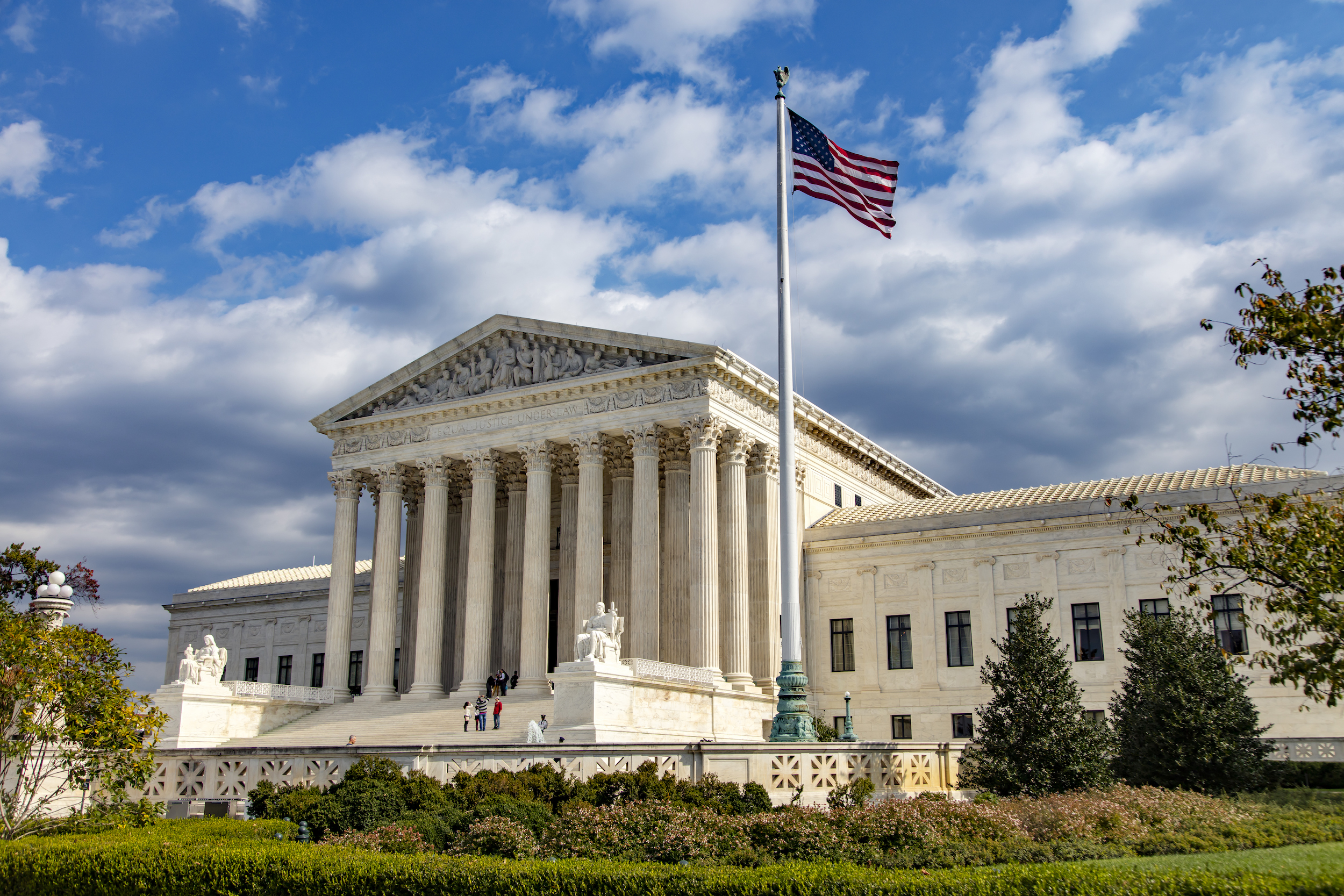Justice Thomas Has Sec. 230 Expansion Issues
Said High Court should take up lower court expansion of immunity

The smarter way to stay on top of the multichannel video marketplace. Sign up below.
You are now subscribed
Your newsletter sign-up was successful
Supreme Court Justice Clarence Thomas has weighed in on Sec. 230 and he has clearly signaled he things the High Court should take up the issue of lower court expansion of that online content immunity provision.
Thomas took the opportunity of the Supreme Court's refusal to hear the appeal of a Ninth Circuit decision to release a statement that clearly aligns him with critics of Sec. 230. That is the provision in the Communications Decency Act that exempts Web sites from civil liability for most third-party content posted on their sites. It was initially adopted to allow web sites to take down objectionable content without invoking civil liability.
The Supremes declined to hear the appeal of the Ninth Circuit decision that Sec. 230 immunity is not available "when a plaintiff alleges anticompetitive conduct." That case involved competing filtering software providers where one reconfigured its products to make it harder for consumers to download Enigma products, invoking Sec. 230's directive that a computer service provider isn't liable for providing tools to restrict access to objectionable content." Thomas said he agreed that the Supreme Court should not hear the appeal of that decision, but suggested the broader issue of courts reading more into the statute than was there was ripe for review, or for Legislative clarification or repair.
President Trump, as well as both Democrats and Republicans on the Hill, have argued that the section needs reviewing given the power and might of social media platforms like Twitter, Facebook and Google, though they disagree with why and how that should happen.
Related: Trump Officially Seeks FCC Help in Regulating Edge
In a lengthy statement on the Ninth Circuit denial, Thomas said he agreed with the court's decision not to take up the case, but said that, in an appropriate case, the Supreme Court "should consider whether the text of this increasingly important statute aligns with the current state of immunity enjoyed by Internet platforms."
Thomas' statement has no force of law, but does clearly signal he would like the court to weigh in on Sec. 230 because he says courts have been reading extra immunity into the statute, a common criticism of Sec. 230 from Capitol Hill as well.
The smarter way to stay on top of the multichannel video marketplace. Sign up below.
Thomas said another problem has been the extension of the immunity to Web sites' own content. "[B]y construing [Sec. 230] to protect any decision to edit or remove content, courts have curtailed the limits Congress placed on decisions to remove content," he said.
President Trump is currently pushing the FCC to come up with a way to regulate social media by tying Sec. 230 to "paring back the sweeping immunity courts have read into Sec. 230 would not necessarily render defendants liable for online misconduct," said Thomas. "It simply would give plaintiffs a chance to raise their claims in the first place. Plaintiffs still must prove the merits of their cases, and some claims will undoubtedly fail. Moreover, States and the Federal Government are free to update their liability laws to make them more appropriate for an Internet-driven society."
Contributing editor John Eggerton has been an editor and/or writer on media regulation, legislation and policy for over four decades, including covering the FCC, FTC, Congress, the major media trade associations, and the federal courts. In addition to Multichannel News and Broadcasting + Cable, his work has appeared in Radio World, TV Technology, TV Fax, This Week in Consumer Electronics, Variety and the Encyclopedia Britannica.

